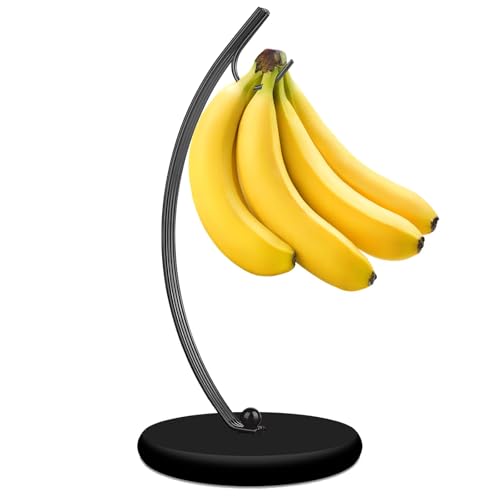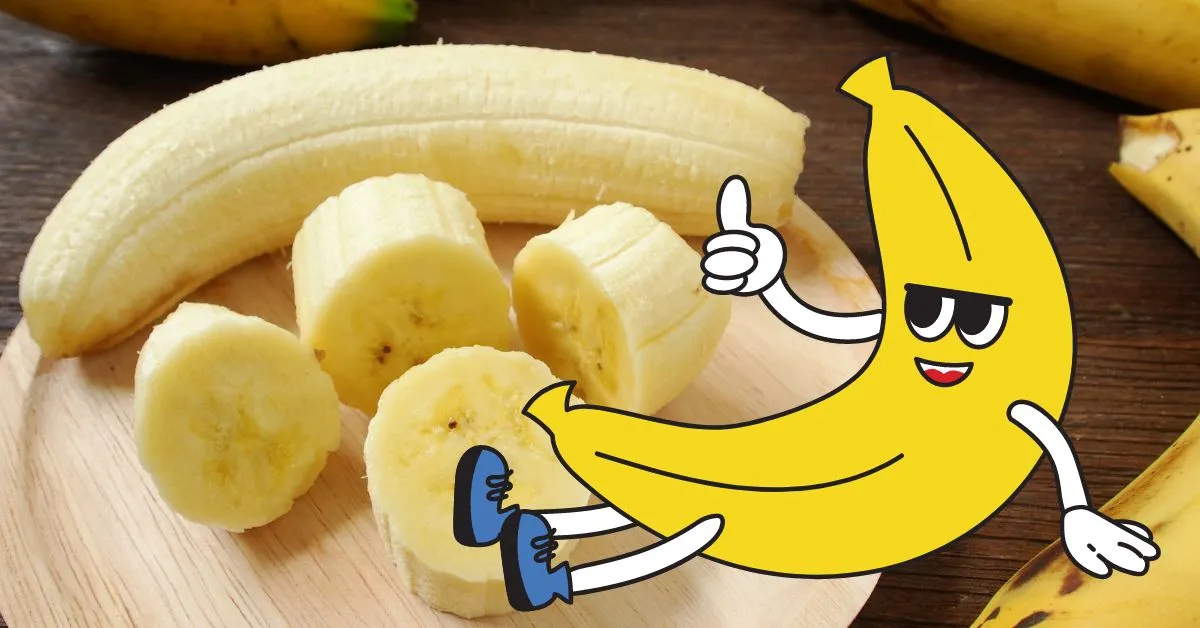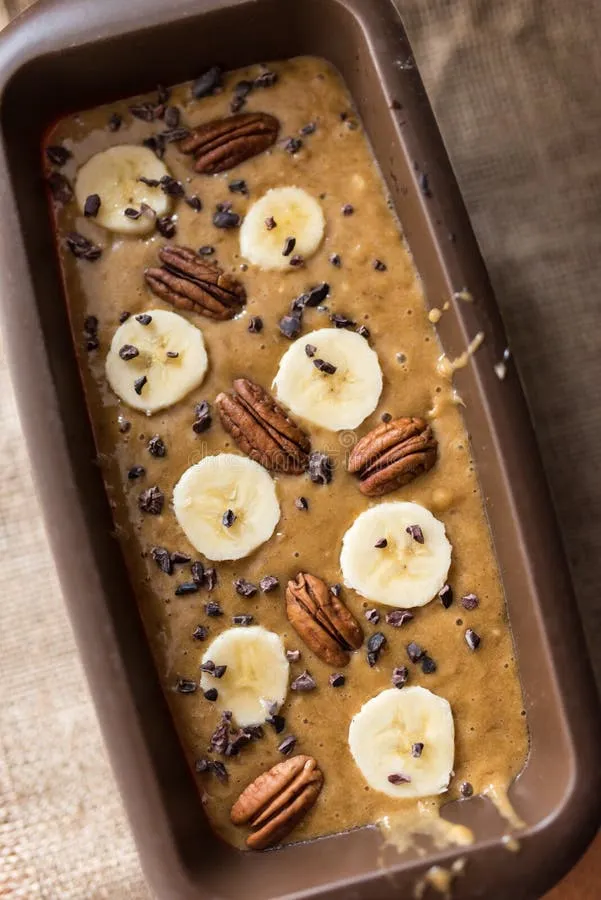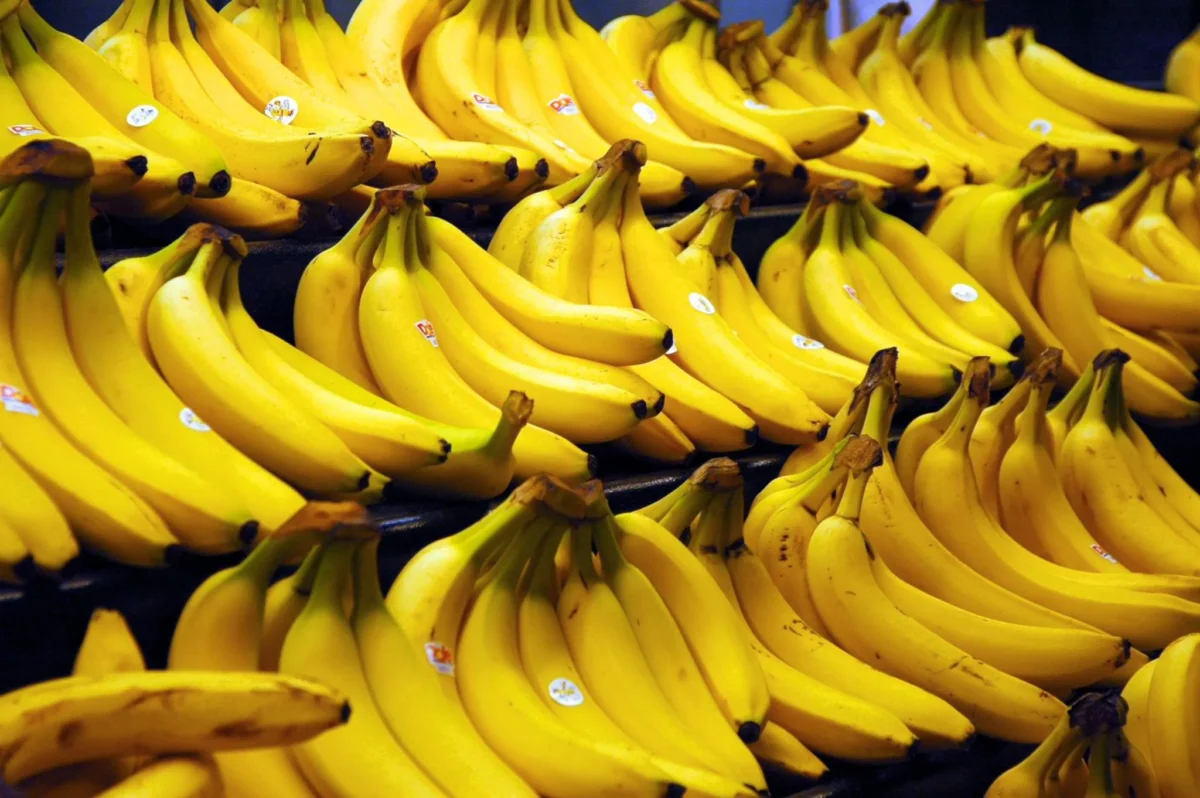Exploring the Connection Between Bananas and Diabetes: Myths and Facts Uncovered
Bananas are a popular and delicious fruit that many people enjoy as part of a healthy diet; however, there are concerns about whether bananas can contribute to the development of diabetes. In this article, we will delve into this topic and explore the relationship between bananas and diabetes.

To begin, we will provide an overview of what diabetes is and its causes. Then, we will discuss the nutritional values of bananas and what makes them a healthy addition to a balanced diet. We will then examine if and how bananas can affect the risk of developing diabetes. Finally, we will present a conclusion and our final thoughts on the topic.
If you are curious about whether bananas can cause diabetes, and want to learn more, keep reading!
What is diabetes?

While bananas may be a tasty snack for many, they can also play an important role in managing diabetes. But before delving into the connection between bananas and diabetes, it’s crucial to understand what exactly diabetes is.
Diabetes is a chronic condition that affects how your body processes glucose, the main source of energy for your cells. There are two main types of diabetes: type 1 and type 2. Type 1 diabetes occurs when the body cannot produce insulin, a hormone that regulates blood sugar levels. Type 2 diabetes occurs when the body becomes resistant to insulin or doesn’t produce enough of it.
Uncontrolled diabetes can lead to serious health complications such as nerve damage, kidney failure, and blindness. That’s why it’s crucial for people with diabetes to manage their blood sugar levels through diet, exercise, medication or insulin therapy.
Now back to bananas – these yellow fruits can actually be a healthy addition to a diabetic diet. Bananas are low in fat and high in fiber and potassium which can help regulate blood sugar levels and reduce the risk of heart disease – another common complication of uncontrolled diabetes.
However, people with diabetes should still consume bananas in moderation as they do contain natural sugars that can cause spikes in blood sugar levels if eaten excessively. It’s always best for those with any medical condition including those living with Diabetes must consult their healthcare provider before making any changes to their dietary habits.
Overall, understanding what exactly Diabetes is – whether you’re interested because you love eating bananas or not – is essential knowledge for anyone looking after their health or helping others stay healthy too!
What are the nutritional values of a banana?
Bananas are a nutritious and delicious fruit that offer a wide range of health benefits. These elongated yellow fruits are rich in vitamins, minerals, and other essential nutrients that can help improve your overall well-being.
One medium-sized banana contains approximately 105 calories, making it an ideal snack option for those who are watching their weight. Bananas are also a good source of dietary fiber, which can help regulate digestion and prevent constipation.
Furthermore, bananas are high in potassium, an essential mineral that helps regulate blood pressure and heart function. They also contain vitamin C, which plays a vital role in maintaining the health of your skin and immune system. Additionally, bananas contain vitamin B6 which is crucial for proper brain function.
Bananas also offer several other beneficial nutrients such as magnesium, folate (vitamin B9), riboflavin (vitamin B2), niacin (vitamin B3) among others which contribute to the overall nutrition value of this fruit.

Incorporating bananas into your daily diet can have significant health benefits. By consuming this nutrient-dense fruit regularly you may experience improved digestive function, better heart health , increased energy levels , boosted immunity , healthier skin among several other benefits .
So go ahead and add some bananas to your daily routine- whether sliced atop yogurt or blended into smoothies -you’ll be doing both yourself and your taste buds a favor!
The relationship between bananas and diabetes is unclear.
Bananas are a beloved fruit, known for their sweetness and portability. However, there has been some concern about the relationship between bananas and diabetes. While bananas do contain sugar, they also have important nutrients that can be beneficial for people with diabetes.
Firstly, bananas are a good source of fiber. This means that they can help regulate blood sugar levels by slowing down the absorption of glucose into the bloodstream. Additionally, fiber can help promote feelings of fullness and reduce cravings for sugary snacks.
Furthermore, bananas contain important vitamins and minerals such as potassium, magnesium, and vitamin C. These nutrients are essential for overall health and can help support healthy blood pressure levels.
While it is true that bananas do contain carbohydrates which can affect blood sugar levels if eaten in excess or without proper portion control, incorporating them into a balanced diet in moderation is unlikely to cause negative effects on blood sugar levels.

In conclusion, while there may be some concerns about the relationship between bananas and diabetes due to their natural sugars content; when consumed as part of a balanced diet with proper portion control – it’s possible to benefit from all the nutritional goodness they offer without negatively impacting your health or blood sugar levels.
The conclusion and final thoughts.
In conclusion, bananas are not just a delicious and nutritious fruit, but they also have a fascinating history and cultural significance. From their origins in Southeast Asia to their global popularity today, bananas have played an important role in human society.
Through scientific research and innovation, we continue to uncover new benefits and uses for bananas. From banana flour as a gluten-free alternative to banana peels as compostable packaging material, the possibilities are endless.
As consumers, it is important to consider the environmental and social impact of our banana consumption. Supporting fair trade practices and sustainable farming methods can ensure that the livelihoods of farmers and communities are protected while preserving our planet’s resources.
Overall, bananas may seem like a simple fruit but they hold much more value than meets the eye. So next time you peel open a banana, take a moment to appreciate its rich history and potential for positive change.
Check out our other articles to find out even more about banana.
Recent research into the relationship between bananas and diabetes has revealed that, while eating too many bananas can increase your blood sugar levels, they are not directly linked to developing type 2 diabetes. Bananas can actually provide a range of health benefits such as providing fiber and potassium, plus they taste delicious! Ultimately though, it’s important to maintain an overall healthy lifestyle by eating balanced meals and exercising regularly. Check out our other articles to find out even more about banana so you can make educated decisions when it comes to your dieting habits.
















